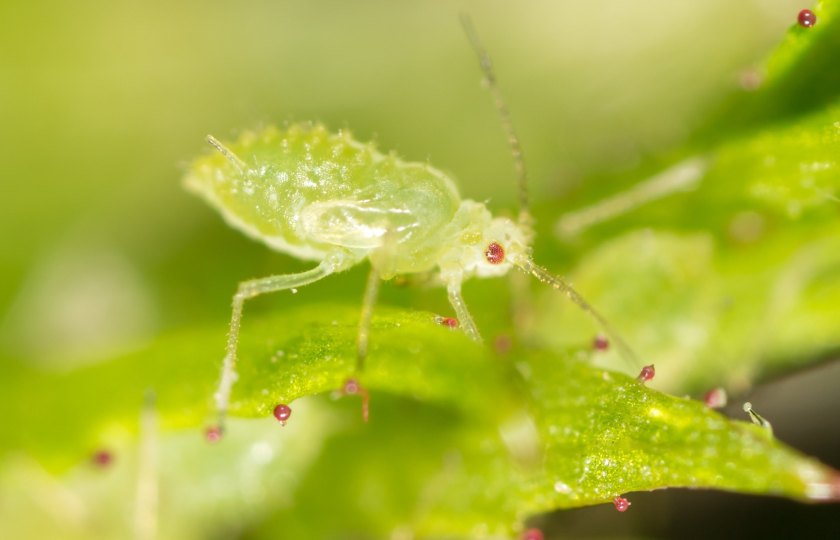
Researchers have warned that climate change and globalisation are fuelling an increase in crop threats from insects and mites.
Warming temperatures are allowing pests to spread further from the equator and reach higher altitudes.
Meanwhile, global trade is accelerating the movement of invasive species, according to the new study.
And at the same time, intensive farming practices are reducing natural pest controls, leading to more frequent and severe outbreaks.
The team – including experts from the universities of Hebei and Exeter, and the Chinese Academy of Sciences – is urging swift action to safeguard global crop production.
About 40% of global crop production is currently lost to pests and diseases, creating a major challenge for global food security.
Co-author Professor Dan Bebber, from the University of Exeter, said the study's researchers reviewed evidence on the impact of crop pests.
"We found that overall risks are increasing – with greater numbers of pests, more annual generations, longer activity seasons and the area inhabited by pest species increasing.
“This is mainly due to global warming reducing cold limitations for pests, and declining biodiversity reducing biocontrol (predators killing pests).”
The paper highlights that extreme weather events like heatwaves and droughts can unexpectedly trigger pest outbreaks.
It warns that crop pests are likely to become more prevalent in higher latitudes—temperate regions farther from the equator where staple crops such as wheat, maize, and rice are commonly grown.
The study also outlines targeted strategies for managing crops and pests in light of current and anticipated environmental changes.
Prof Bebber concluded: "We need better pest monitoring, predictive models, and climate-smart management strategies to safeguard staple crops such as wheat, rice, maize and soybean from increasing pest risks."
